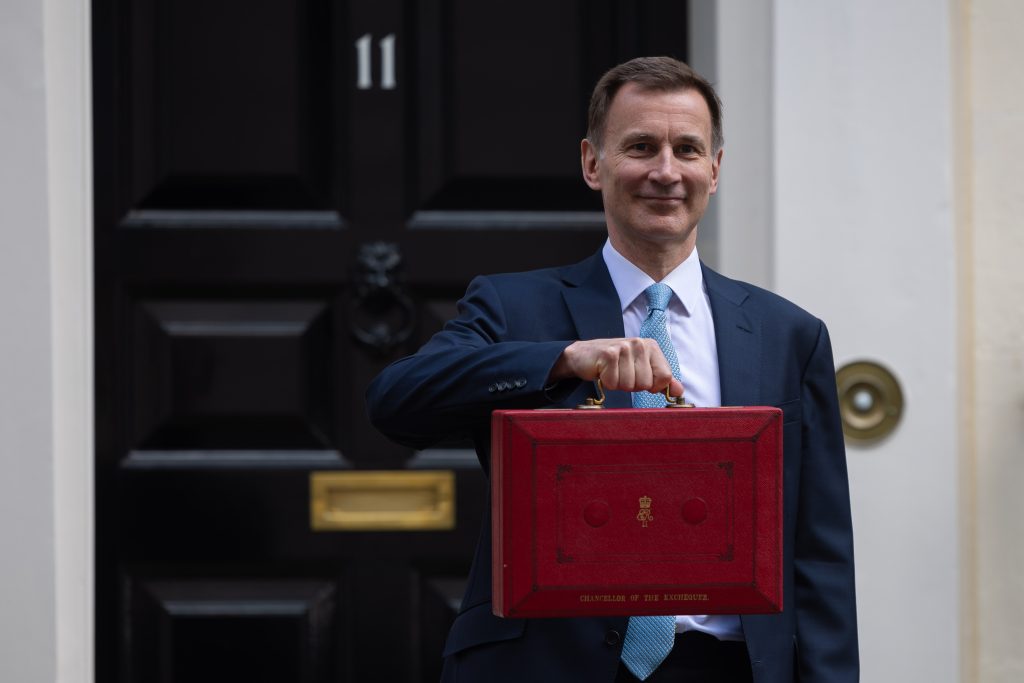
The higher rate of capital gains tax on residential property will be cut to 24% from 28%, the Chancellor announced in the Spring Budget.
Jeremy Hunt said the move will lift government revenue by boosting house sales – but this was not the way many property professionals see it.
The Treasury adds: “This will encourage landlords and second homeowners to sell their properties, making more available for a variety of buyers including those looking to get on the housing ladder for the first time, while also raising revenue over the forecast period.”
It forecasts the legislation will bring in as much as £310m in 2024 to 2025 and £350m in 2025 to 2026, before falling back to just £5m by 2028 to 2029.
The move will come into force on 6 April.
But SPF Private Clients chief executive Mark Harris says: “Is there going to be a flurry of sales from landlords because they will make a saving on capital gains tax?
“No, they are in it for long-term gain, capital appreciation combined with income yield. Of course, that yield has been hit hard with higher interest rates and more regulation, as well as the inability to offset mortgage interest but professional landlords are committed and not going to start selling because of a slight reduction in capital gains tax.
“Perhaps with rents so high the last thing we need is a reduction in homes to rent anyway?”
IMLA Executive Director Kate Davies points out: “The Chancellor’s announcement is little more than a sop to those landlords forced to exit the private rental sector by tough economic conditions and a punitive taxation system.
“And not even much of a sop, given that the tax-free allowance for capital gains tax is set to decrease from £6,000 to £3,000 on 1 January 2025.
Davies adds: “Imla would like to have seen the Chancellor offer more support to the sector by announcing a reduction in the 3% additional stamp duty which has been levied on second and subsequent property purchases since 2016.
“This extra tax is an added financial burden on the private sector landlords who provide homes for 20% of the UK’s households, at a time when our research indicates they are anticipating an increase of 80% in their mortgage costs over the next two years.
“Given the dramatic imbalance between supply and demand in the private rental sector, which has pushed rents to record levels, an incentive to encourage landlords to invest in more properties and increase supply would have been very welcome.”
But Paragon Bank managing director for mortgages Richard Rowntree says: “We welcome the reduction of the higher rate of capital gains tax paid on residential property from 28% to 24%. This measure is intended to help to stimulate transactions while not negatively impacting net tax revenue.
“The move will hopefully increase fluidity within the property market, spanning both the owner-occupier and private rented sector, and mean more people will be incentivised to buy and sell properties in a way that best meets their needs and those of society more broadly.”
The Treasury adds: “The lower rate will remain at 18% for any gains that fall within an individual’s basic rate band.
“Private residence relief will continue to apply, meaning the vast majority of residential property disposals will pay no capital gains tax.”



